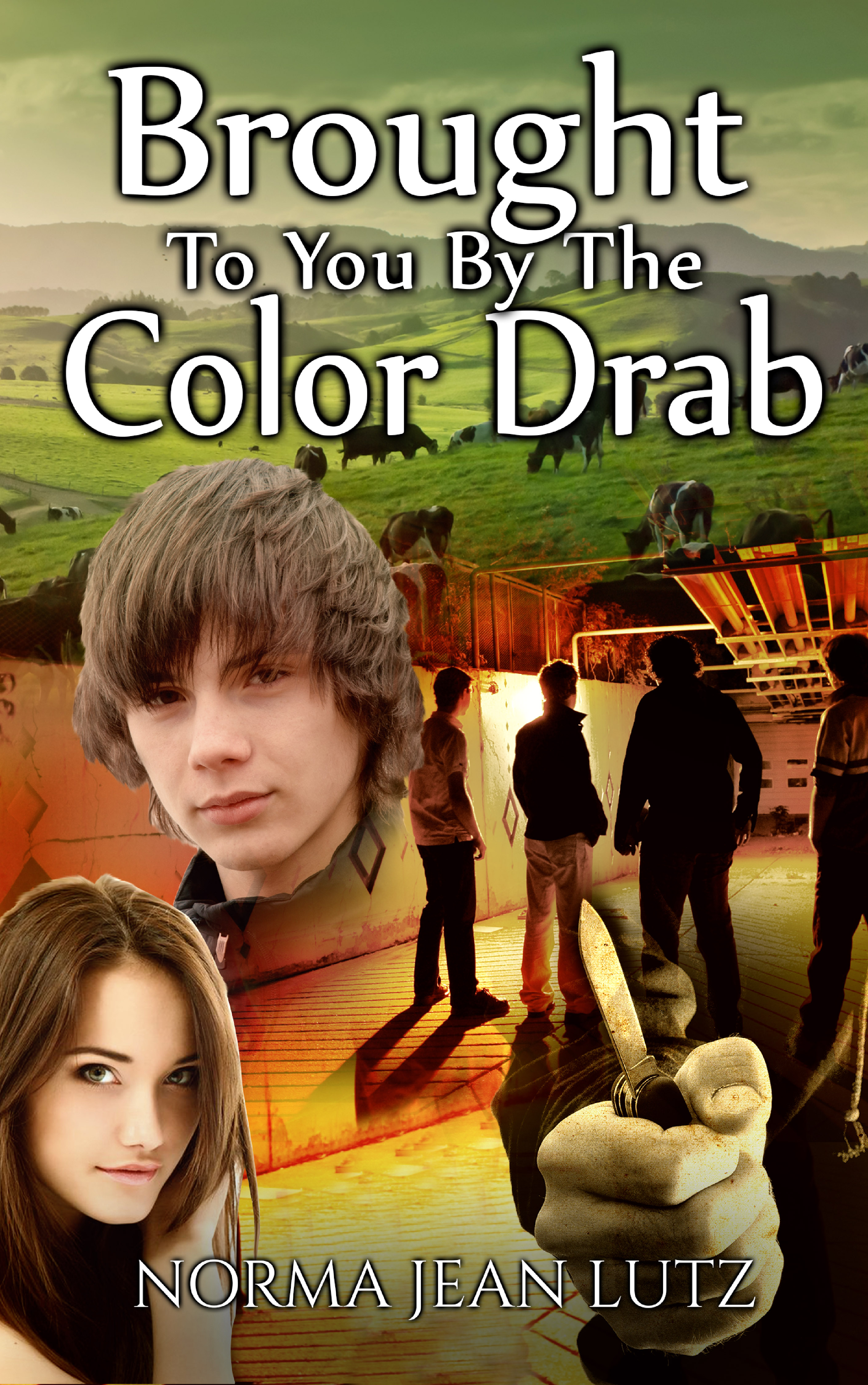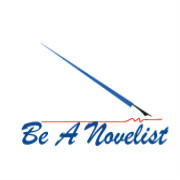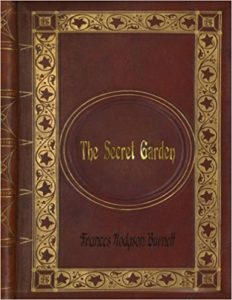Weak Settings
When I was an instructor for an international correspondence writing school several years ago, I carried a full load of students and hence read tons of manuscripts. I stayed with that position for over nine years. Frequently, I came upon memorable characters in some of the lesson submissions, and sometime I even came upon an engaging plot. But many of the plots were sorely lacking in the third member of that basic trio: setting.
A simple definition of setting is “a backdrop against which your characters perform.” A sense of place is essential to a novel. The successful novelist calls into play every aspect of environment. A lack of visual scene will leave your characters and their actions and interactions, suspended in an empty kind of limbo.
Not a Decoration
When talking about setting, I am not referring to paragraphs of flat descriptions. I’m  talking about a backdrop that must be more than impressions painted on scenery panels like a stage play. The setting or background must be interwoven with your characters and what they are doing at any given time.
talking about a backdrop that must be more than impressions painted on scenery panels like a stage play. The setting or background must be interwoven with your characters and what they are doing at any given time.
If you have previously viewed setting as merely a “decoration” for your story, I am challenging you to think again. I challenge you to think of the story setting as you would a character. This will require that you plumb the depths of the place.
Evoke Reader’s Senses
As you plumb the depths, create ways in which to evoke all the reader’s senses in the descriptions. What sounds and smells are prevalent? What are the prevalent weather patterns? How do the people talk? What foods do they love? If your novel is set in a rather stringent setting, you can move about by using flashbacks to another place and time.
Let this background come to life through your characters’ thoughts, dialogue, and actions. No matter how beautifully you describe a room, a season, a day or whatever, your reader is apt to skip over it in order to pick up the thread of the narrative. Let the reader live the setting through that character’s experiences and reactions.
Consider Your Own Roots
Think about how your own roots (where you grew up) colored and affected who you are. Now apply that to your characters. How does the setting affect that character and shape and mold his or her personality? Personally, I know very little about mountains, or the seashore. (sigh) I have lived most of my life in the landlocked, flat Midwest. That is who I am.
In my novel, Brought To You By The Color Drab, main character, Race, lives in a Cincinnati  ghetto. Here’s a vivid paragraph that pulls the reader into the setting:
ghetto. Here’s a vivid paragraph that pulls the reader into the setting:
It was after two by the time Race let himself into the decrepit building where he and his mother lived on the third floor. The inner hallway reeked with the aromas of cheap cooking and soiled diapers, held thick and heavy by the dampness of the night. Vince used to say each floor told you what people had had for dinner that night. But at two in the morning, the smells were mingled and dulled into nothing specific, just generally disgusting.
Setting As Character
My point here is that the setting is intrinsically interwoven into the characters. Nothing is painted on. Or added in for a dab of color. It establishes the story and carries it. The setting is as real as the characters.
Do you have to know your setting firsthand in order to write about it? The answer is no, you do not. Of course, the more research you can do the better equipped you will be to write about it. Visit if possible. Stay a while if possible. Read as much as you can to give you a clear background. Talk to people who live there. Better yet, talk to people who have lived there for a long time.
Sprinkle; Don’t Shovel
![]() While you can never have too much factual information stored in your subconscious about your setting, you can indeed put too much into your story at a time. Carefully avoid dumping a shovelful of information just to impress the reader. Believe me, it will be skipped over. (Or the book will be cast aside never to be picked up again.)
While you can never have too much factual information stored in your subconscious about your setting, you can indeed put too much into your story at a time. Carefully avoid dumping a shovelful of information just to impress the reader. Believe me, it will be skipped over. (Or the book will be cast aside never to be picked up again.)
Am I saying there will never be a paragraph that simply paints a picture or sets the stage? No, not at all. Just make sure that that is the exception and not the rule throughout the novel. The key is to steadily stir in the information, here a little, there a little.
Show, Don’t Tell
Pull your reader right into the scene by allowing that reader to “experience” the place rather than your constantly telling about it.
Take your favorite novel, written by your favorite author, and notate where the setting has been interwoven by dialogue, or the character’s inner thoughts, or directly through the character’s actions and interactions. You will learn much from such exercises.
Now go back over your own unfinished novel and if this is an area that needs work!
![]()
I’ve launched a YouTube video series that I call (for obvious reasons!) The Writing Life. These episodes reveal the ins and outs, and the ups and downs of a published author.
Be sure to subscribe so you won’t miss a single episode.
![]()

Tired of the struggle writing your book? Need a helping hand? Norma Jean’s Coaching Services may be the answer you’re looking for. Fill out the questionnaire on the page and let’s see if we’re a right fit. A FREE consultation gets the ball rolling. (Or the pen writing!) Click HERE!
![]()

![]()



